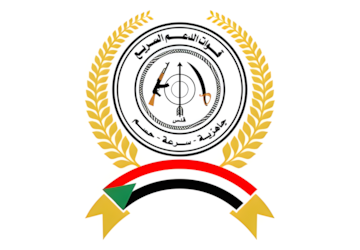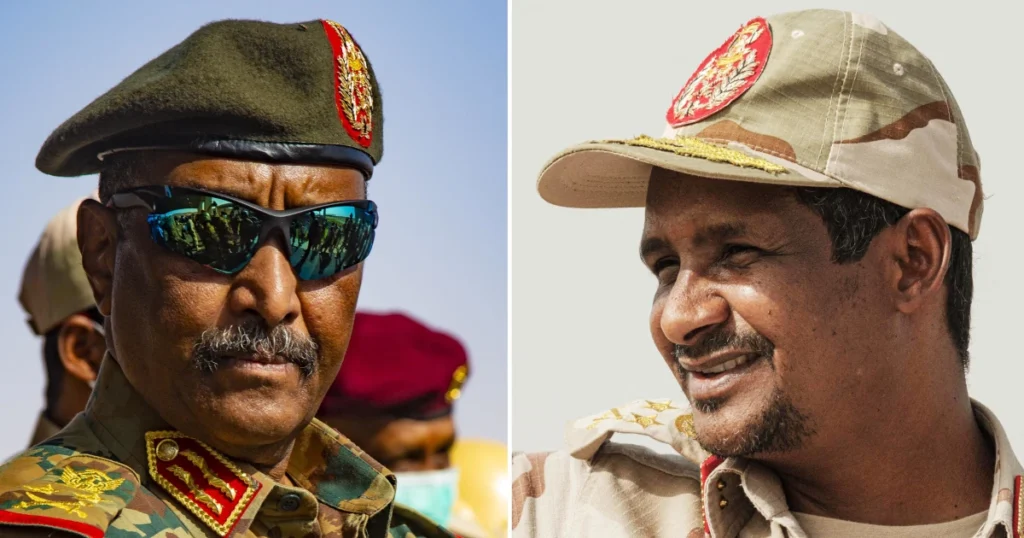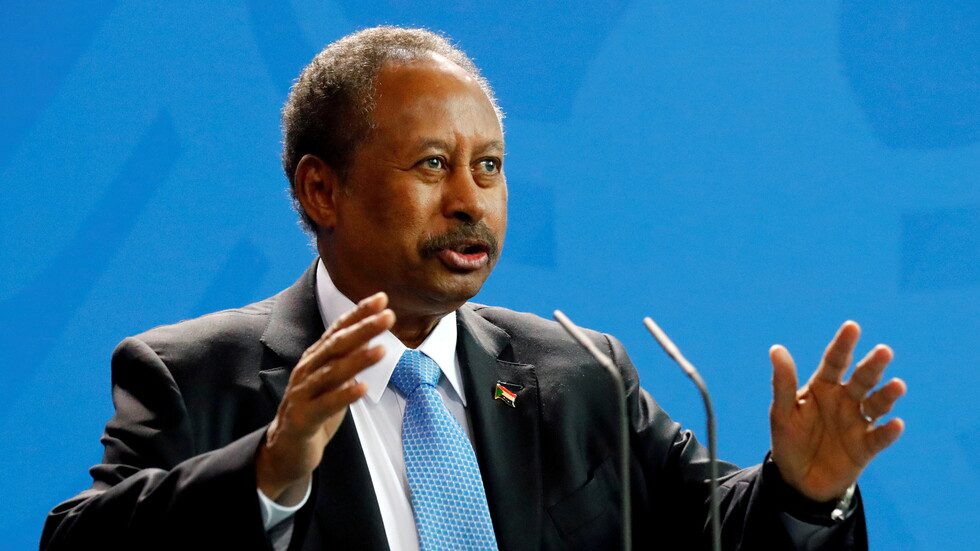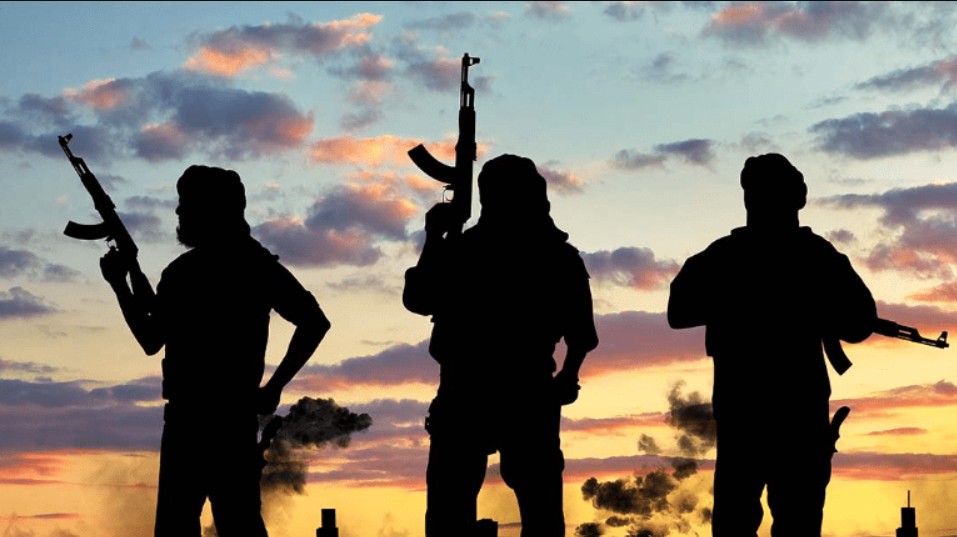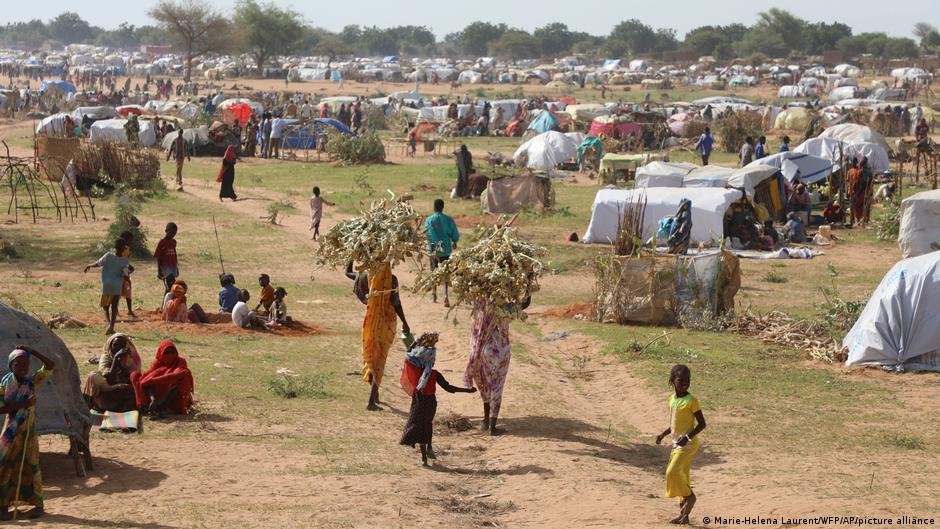
Sudanese refugees in the Farchana camp in eastern Chad face a deepening crisis in accessing clean drinking water. Displaced from Sudan between 2003 and 2023, thousands now rely on scarce water sources that barely meet their daily needs.
Hassan Adam, a camp resident, said many families have left Farchana for other towns, including Adre, due to persistent water shortages. He added that repeated complaints to authorities have yielded little response, leaving refugees to endure worsening conditions without support.
Hawa Omar described the water scarcity as one of the camp’s most urgent crises, threatening the health of her children. She said polluted water caused recurring illnesses, forcing her to consider leaving the camp in search of safer conditions.
Reports show that the cost of a single water barrel has surged to 20,000 Sudanese pounds, unaffordable for most families. Long queues at distribution stations strain daily life, preventing families from engaging in work, education, or other essential activities.
Some refugees rely on traditional wells, despite their unsafe quality, which spreads diseases like cholera and schistosomiasis across the camp. Vulnerable groups, including children, the elderly, and pregnant women, are increasingly affected by overcrowding and limited access to clean water.

